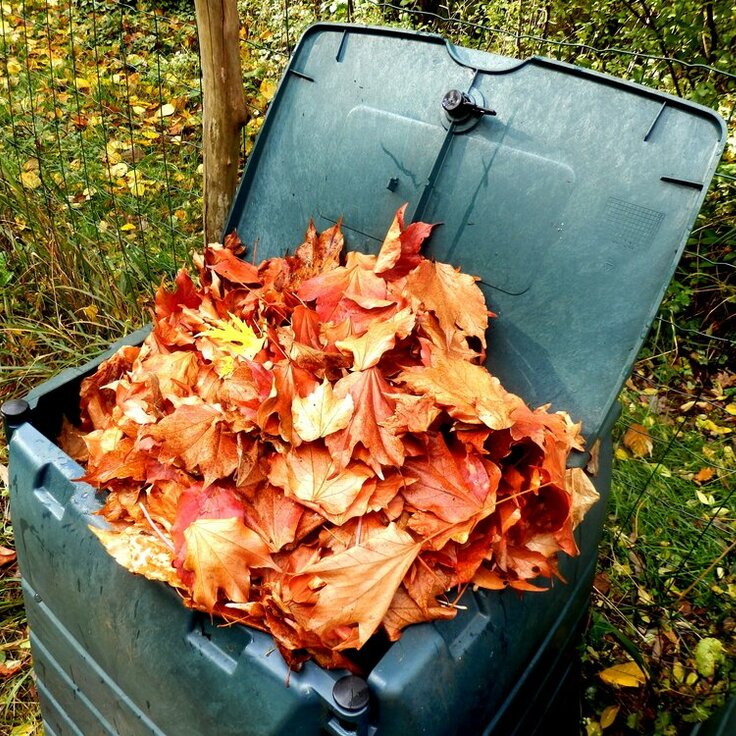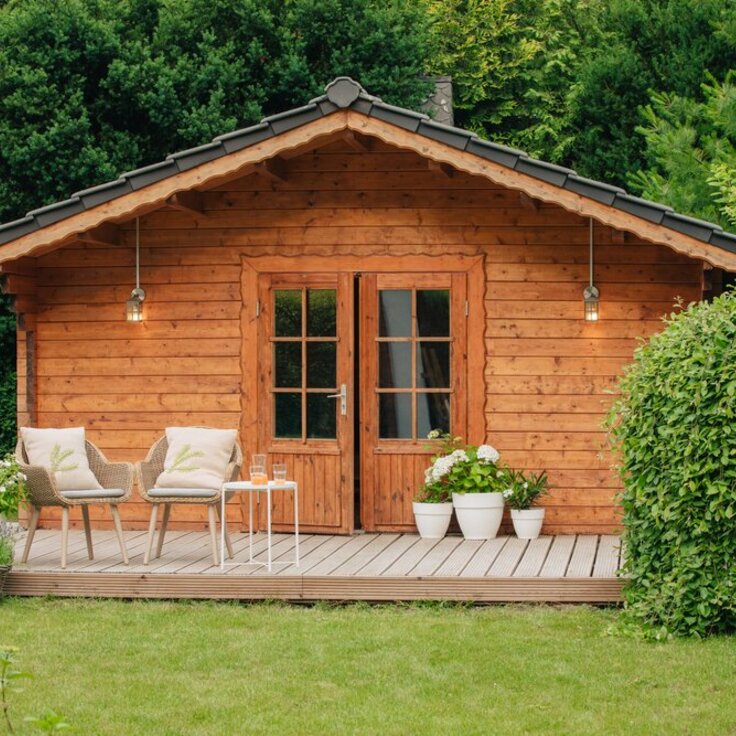How Families Visit Racetrack Together in Cities with Equine Tradition
Horse racing is one of the most followed sports across the world, with many opting to follow the racing throughout the season to make bets. However, there is far more to the sport than just betting, as it can be a hugely enjoyable activity to enjoy with friends and family.
There is a growing number of families around the world that are making racedays a tradition, as it is more affordable than many other top-level sports to attend.
Racedays can be huge entertaining days our for those with young children, but why has the movement for families going to the racetrack accelerated throughout recent times?
Affordability
In this current day, attending sports events can be extremely expensive, especially if you wish to attend matches in the NFL or NBA. Two adults tickets and two entries for children could cost way over $300, meaning that it isn’t an affordable activity on a regular basis.
Fortunately, horse racing is able to fill the void for sports-loving families as it is one of the most affordable ways to watch live action. This is generally the same across the board, with major events such as the Kentucky Derby being slightly more expensive, but still way below the price that you could expect to pay to attends events such as the Super Bowl or NBA Finals.
One of the most important considerations that various courses have made for families in recent years is that some enable kids to enter for free, meaning that only adults’ tickets will need to be purchased. This gives the whole family a perfect excuse to spend a day outdoors admiring some of the finest animals in the world.
Family Fun
A trip to the racecourse is whatever the visitor makes of it. Whether that be to catch up with friends and socialise with a few drinks, or just getting the kids outdoors for a day to get fresh air and watch some tournaments. You can find more information about horse tourneys here: twinspires.com/tournaments/
Horse racing tracks are tailor-made to their visitors, meaning that parents are free to bring in food and drink should they wish to save money while at the track. Picnics are hugely popular activities at the racecourse, with many families opting to drive the car to the track well in advance of the first race, before setting up their space for the day.
The atmosphere around the course always enables families to feel relaxed, as there is always plenty of space around for children to run around should they wish to take a break from the action on track.
Educational
As mentioned, horse racing tracks do an excellent job of tailoring their services to families, and it is often seen as a perfect opportunity to market the sport to the next generation. Therefore, jockey demonstrations have become a popular activity for kids at various tracks around the world, with aspiring horse lovers able to get a better understandings surrounding what life is a jockey is like.
This also is a perfect opportunity for all visitors to get clued up with the horse welfare measures that are in place within the sport. The demonstrations will go into detail surrounding what day-to-day life for horses will look like, while also educating visitors about what horses will be doing before their race, and what care is in place for runners after their races have been run.
All of which could also be extremely informative for adult visitors that have never been interesting in horse racing previously. Jockey demos also show what riders will be doing during races, and how they make the decisions mid-race to make race-winning moves. All of which is very inclusive to both kids and adults, and adds to the family day out.
Help Local Business
The COVID-19 pandemic was disastrous for the sport of horse racing, with tracks around the world struggling to survive without being able to welcome fans on-site. Major tracks such as Churchill Downs, Cheltenham, and Ascot were ultimately never in danger, but local tracks really felt the pinch without consumers being able to spend their money on track.
Therefore, there has never been a better opportunity to support tracks that are local to where you live. Failing to do so could eventually see the smaller tracks eventually close down, as they will not have the money to operate.
Most people live within an hour or so away from a racehorse track, and each course is completely different in terms of their layoff and the history on offer.
The history is what makes a racecourse so special, and you really get a sense that you are in a location of significance when you’re walking around a course taking it all in. Therefore, families are looking to experience a range of different tracks in this modern day to get a broader understanding of what the sport was like in the past.








